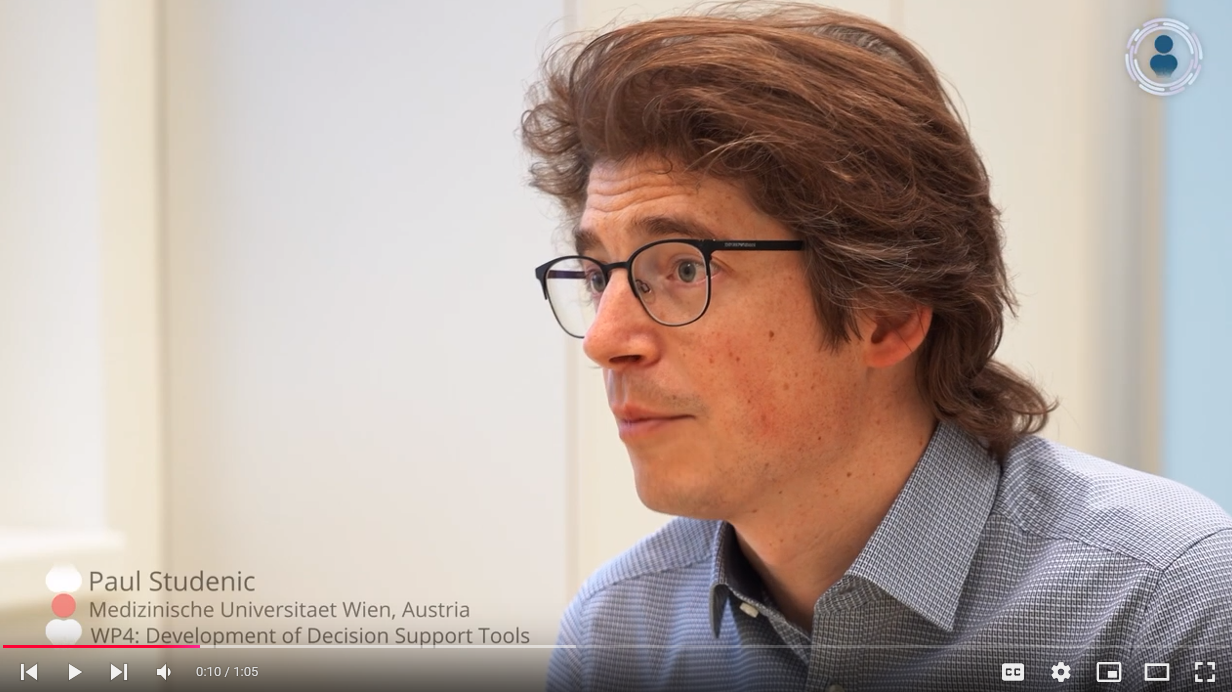
After activation, data will be sent to YouTube. Further information here: Data protection
We try to understand the validity of outcomes used in measuring disease activity, progression, quality of life and the interaction of patients with the health care system.
Individuals with chronic conditions such as rheumatic and musculoskeletal diseases (RMDs) experience a significant impact on their daily lives, including physical, emotional, and social aspects. The disease often leads to persistent pain, joint stiffness, and reduced mobility, affecting the individual's ability to perform daily activities and participate in social events. Furthermore, the emotional toll of living with a chronic condition can result in increased stress, anxiety, and depression. Socially, individuals with rheumatic diseases may face challenges in maintaining relationships and participating in community activities due to their health limitations. RMDs have a multifaceted impact on the affected individuals, influencing their physical, emotional, and social well-being.
When treating patients with RMDs and researching in the field of RMDs, it is of relevance if our findings may bring benefit to patients. These benefits might not necessarily be immediate but can also be a piece in a large puzzle that may still take a while to complete. It is therefore our aim to involve patients as research partners in the majority of our research endeavors to work together for building opportunities in research findings that matter.
As RMDs are chronic conditions, it is of particular importance to measure parameters that may allow to distinguish symptoms, disease entities, classify and compare disease activity and domains that are associated with the health of the respective individuals. In many RMDs classification criteria have been derived as well as core outcomes, that should be measured in clinical trials and/or clinical practice to be able to monitor treatment success and disease course. A particular focus of this group lies on understanding / testing the validity and reliability of outcomes in RMDs. This incorporates studies evaluating how outcomes are designed, how they are assessed (eg. examination, paper/pencil, electronically, passively), which intervals are most appropriate.
In order to achieve these goals we perform observational, epidemiological and translational studies in the field of outcomes research and digital health as a novel method to improve accurate and timely assessment of patients’ symptoms to optimize treatment/ management pathways of people with RMDs. To efficiently address our aims, our group collaborates closely with the groups of Helga Radner, Peter Mandl and Daniela Sieghart.
Podcasts
Digital Rheumatology Network podcast from March 2025
In this podcast, Paul discusses key digital health innovations from ACR and EULAR, the real-world impact of these tools in clinical rheumatology and emerging trends in patient empowerment, digital literacy, and technology-enabled care.
